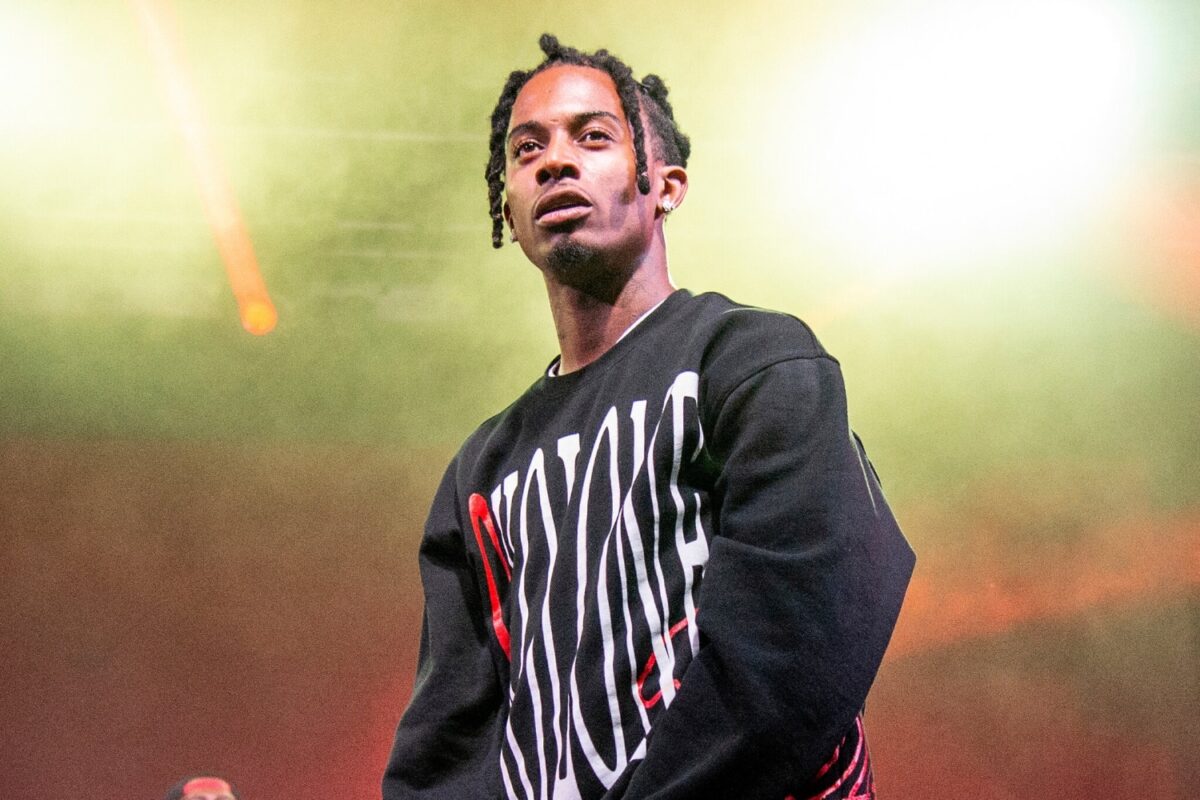Released: 2023 • Features: Playboi Carti, Madonna
Yo, we’re diving deep into the joint “Popular” where The Weeknd, alongside Playboi Carti and Madonna, peels back the curtain on the price of fame and the thirst for the spotlight. The track is a dark meditation on the seductive power of celebrity culture, contrasting genuine artistry with the relentless pursuit of being known, seen, and worshipped. The Weeknd lays it down smooth and sinister, while Carti and Madonna add their own flavor to this tale of fame’s double-edged sword.
The verse opens with Abel, aka The Weeknd, painting a picture of the diabolical side of Tinseltown—where the devil roams Sunset Boulevard. He’s seen the corruption in every place, every face, suggesting that the drive for fame can infect anyone. He describes a woman who’s caught up in this cycle. She lives for the attention, even though she pretends otherwise. Homegirl is calling up those paparazzi and then playing coy like it’s a surprise they’re interested. The Weeknd knows what she’s really about: she craves that fame like it’s an addiction, and once she gets a taste, she’s back for more. This woman prays every night, not for salvation, but for the flashing lights of the camera—that’s her religion.
The chorus kicks in with a relentless flow, emphasizing how the woman’s dream is to be “popular.” It ain’t just a wish, sis is willing to do whatever it takes—step on others, trade her soul, you name it. The repetition of “popular” hammers in the obsessive nature of her ambition. We hear how this desire enslaves her; even though she’s climbing that social ladder, she ain’t ever really free. Money’s flowing but it’s just piling up without bringing her true happiness. And then Carti comes in, repping that he’s the man because he’s got the popularity she desires. They’re both caught up in this fame game.
Moving to the back end of the track, we get a change-up. The Weeknd raps about his own relationship to the limelight, acknowledging the struggle and fight to keep his soul intact from the vampiric nature of fame. He ain’t immune to the allure, but he brings a message of resistance—to control fame rather than let it control you. The outro loops back to the central theme, twisting with the dark irony that this woman is “born to be popular.” She’s deep in the hole financially and morally, but keeps up the facade for her followers. In this fame-junkie culture, you’re urged to do whatever for likes, clicks, and a semblance of love from the masses. The track circles back to the chorus, leaving us with a lingering, uneasy echo of the price paid for popularity.
“Popular” pulls no punches in calling out the seductive yet corrosive nature of fame. It’s a cautionary tale with a banging beat, provoking us to think about what really matters—the art, the soul, or the fame. So next time you’re scrolling through feeds or flashing your own smile for the ‘gram, just remember the realness this track serves up.








